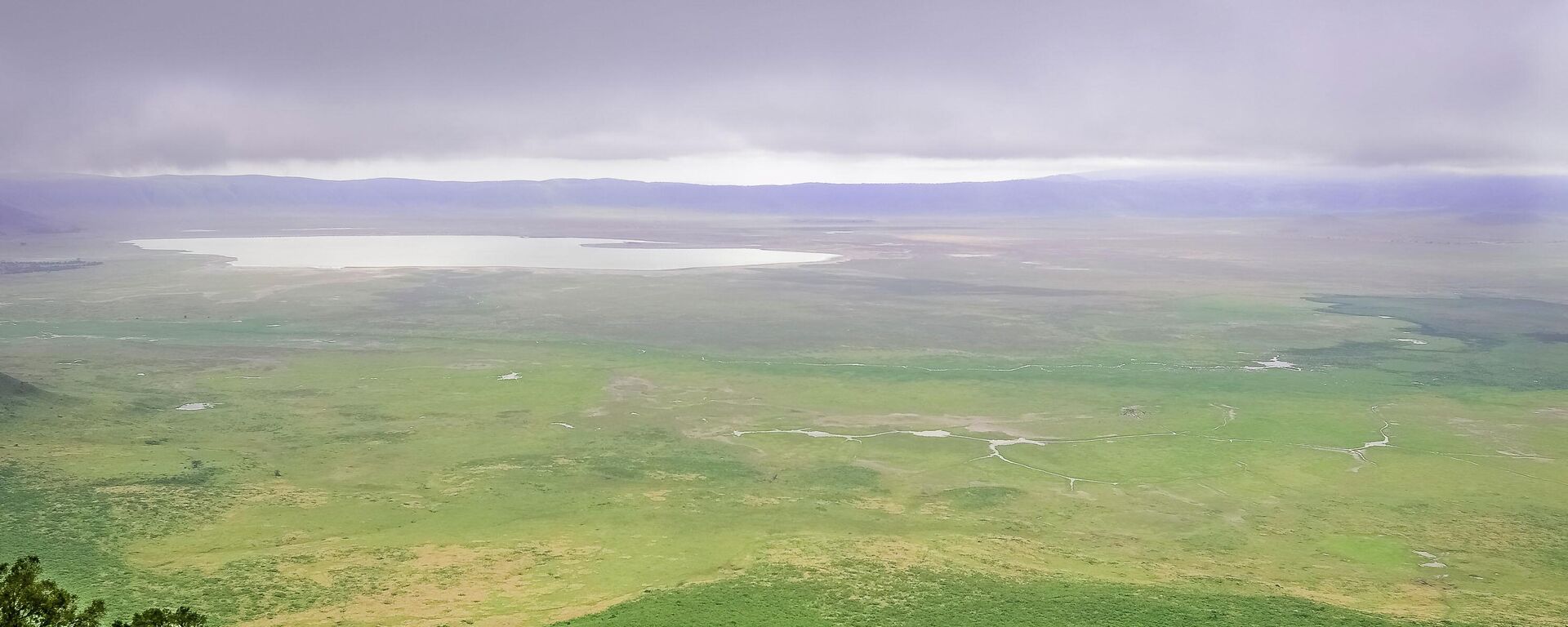https://en.sputniknews.africa/20240329/unesco-mission-agrees-on-importance-to-restore-integrity-of-belovezhskaya-pushcha-1065822390.html
UNESCO Mission Agrees on Importance to Restore Integrity of Belovezhskaya Pushcha
UNESCO Mission Agrees on Importance to Restore Integrity of Belovezhskaya Pushcha
Sputnik Africa
MINSK (Sputnik) - Experts from UNESCO and the International Union for Conservation of Nature (IUCN) who visited the Belovezhskaya Pushcha biosphere reserve to... 29.03.2024, Sputnik Africa
2024-03-29T14:27+0100
2024-03-29T14:27+0100
2024-03-29T14:27+0100
belarus
poland
unesco
environment
climate
international
https://cdn1.img.sputniknews.africa/img/07e8/03/1d/1065822683_0:34:640:394_1920x0_80_0_0_74518b716a22f43261ad93b85f4f5c6b.jpg
Experts from UNESCO and IUCN last week visited Belovezhskaya Pushcha, part of the Bialowieza Forest on the border between the two countries, to assess the negative impact of the Polish border fence on the territory of this trans-boundary UNESCO World Heritage Site. Prior to that, the experts visited the Polish side, where they also assessed the impact of the fence on nature. In Belarus, the international experts also held meetings with representatives of the scientific community and government agencies.Belarusian and international experts highlighted as negative impact areas the fragmentation of the forest complex, disruption of the hydrological regime leading to waterlogging of the forest on the Belarusian side and lack of moisture on the Polish side, blocking of animal migration routes and impoverishment of the gene pool due to barbed wire and an insufficient number of animal gates in the fence. Negative impacts such as the emergence of alien plants introduced into the ecosystem together with construction equipment and the destruction of the soil cover during construction were also noted, the deputy minister said. Korbut said that it was crucial to restore the destroyed unity of the Belovezhskaya Pushcha ecosystem. He added that Minsk would be guided by the principles of "two countries - one forest" and "science and nature beyond politics" in its cooperation with UNESCO. Following the migration crisis of 2021, Poland started in January 2022 the construction of a fence which runs through the territory of the Bialowieza Forest along its state border with Belarus. Stakeholders have filed a complaint with the Standing Committee of the Convention on the Conservation of European Wildlife and Natural Habitats, warning of a possible negative impact of the barrier, which divides the forest into Belarusian and Polish parts, on the sustainability of the ecosystem.
https://en.sputniknews.africa/20240129/tanzania-china-collaborate-on-ngorongoro-lengai-geopark-infrastructure-project-1064826924.html
belarus
poland
Sputnik Africa
feedback@sputniknews.com
+74956456601
MIA „Rossiya Segodnya“
2024
Sputnik Africa
feedback@sputniknews.com
+74956456601
MIA „Rossiya Segodnya“
News
en_EN
Sputnik Africa
feedback@sputniknews.com
+74956456601
MIA „Rossiya Segodnya“
Sputnik Africa
feedback@sputniknews.com
+74956456601
MIA „Rossiya Segodnya“
belarus, poland, unesco, environment, climate, international
belarus, poland, unesco, environment, climate, international
UNESCO Mission Agrees on Importance to Restore Integrity of Belovezhskaya Pushcha
MINSK (Sputnik) - Experts from UNESCO and the International Union for Conservation of Nature (IUCN) who visited the Belovezhskaya Pushcha biosphere reserve to study the impact of the fence built by Poland agreed that it was vital to restore the integrity of this ecosystem, Belarusian Deputy Environment Minister Alexander Korbut said.
Experts from UNESCO and IUCN last week visited Belovezhskaya Pushcha, part of the Bialowieza Forest on the border between the two countries, to assess the negative impact of the Polish border fence on the territory of this trans-boundary UNESCO World Heritage Site. Prior to that, the experts visited the Polish side, where they also assessed the impact of the fence on nature. In Belarus, the international experts also held meetings with representatives of the scientific community and government agencies.
"What did the international experts see and agree on? First of all, they confirmed Belarus' concerns about the state of the ecosystems of Belovezhskaya Pushcha in connection with the negative impact of the barrier built by Poland on the territory of Belovezhskaya Pushcha," Korbut said at a press conference.
Belarusian and international experts highlighted as negative impact areas the fragmentation of the forest complex, disruption of the hydrological regime leading to waterlogging of the forest on the Belarusian side and lack of moisture on the Polish side, blocking of animal migration routes and impoverishment of the gene pool due to barbed wire and an insufficient number of animal gates in the fence.
Negative impacts such as the emergence of alien plants introduced into
the ecosystem together with construction equipment and the destruction of the soil cover during construction were also noted, the deputy minister said.
Korbut said that it was crucial to restore the destroyed unity of the Belovezhskaya Pushcha ecosystem. He added that Minsk would be guided by the principles of "two countries - one forest" and "science and nature beyond politics" in its cooperation with UNESCO.
Following the migration crisis of 2021, Poland started in January 2022 the construction of a fence which
runs through the territory of the Bialowieza Forest along its state border with Belarus. Stakeholders have filed a complaint with the Standing Committee of the Convention on the Conservation of European Wildlife and Natural Habitats, warning of a possible negative impact of the barrier, which divides the forest into Belarusian and Polish parts, on the sustainability of the ecosystem.


